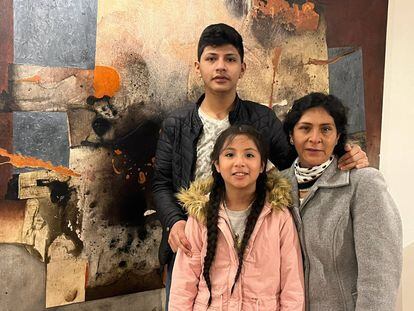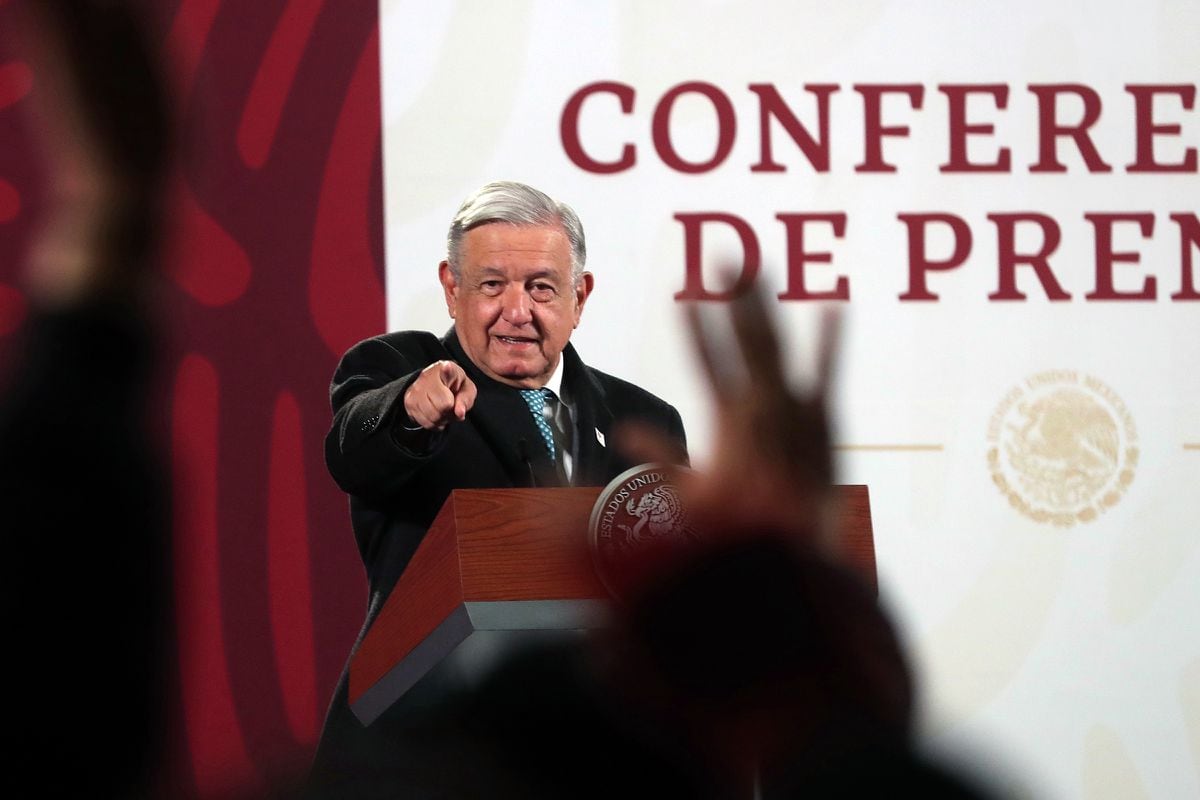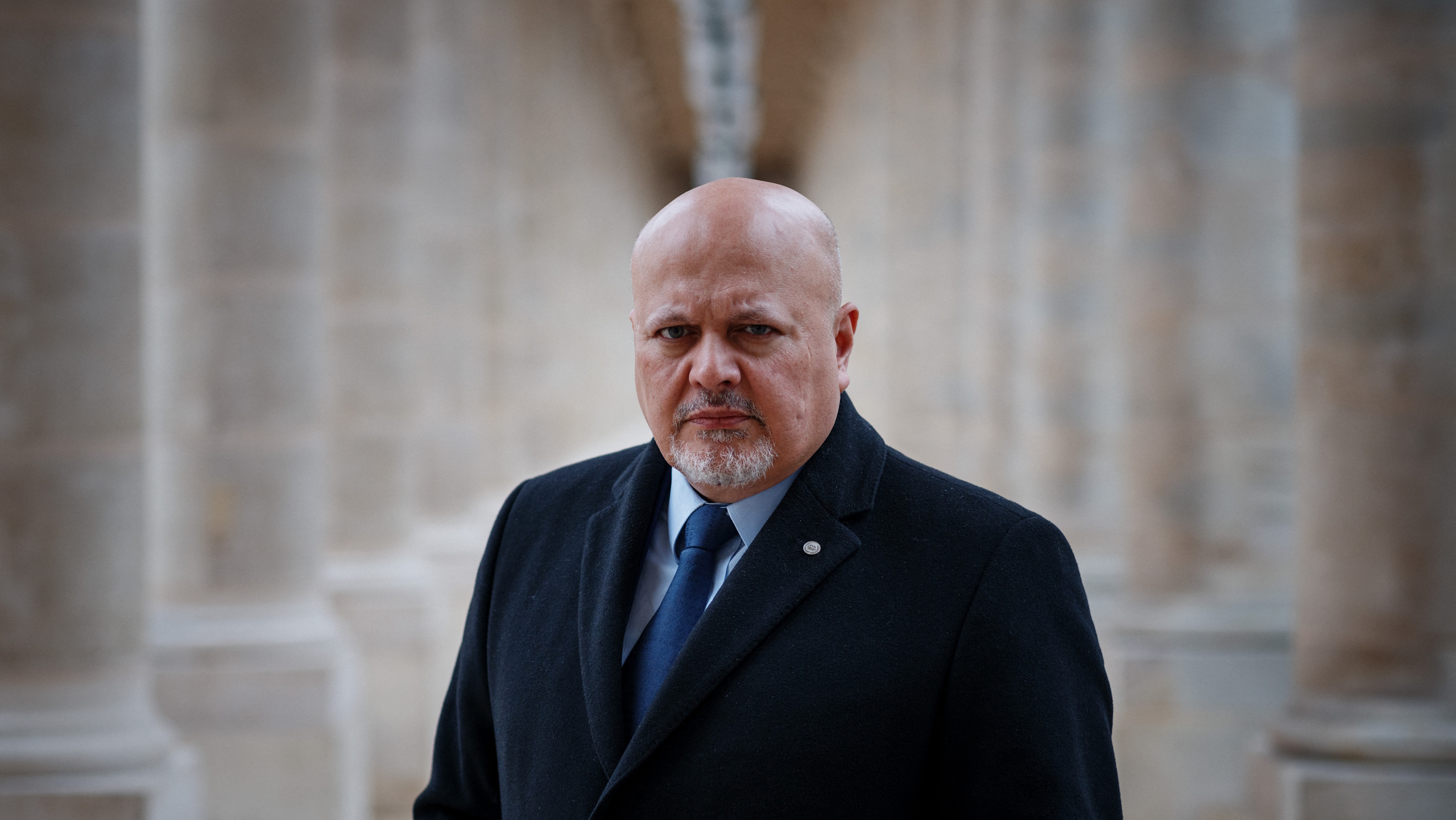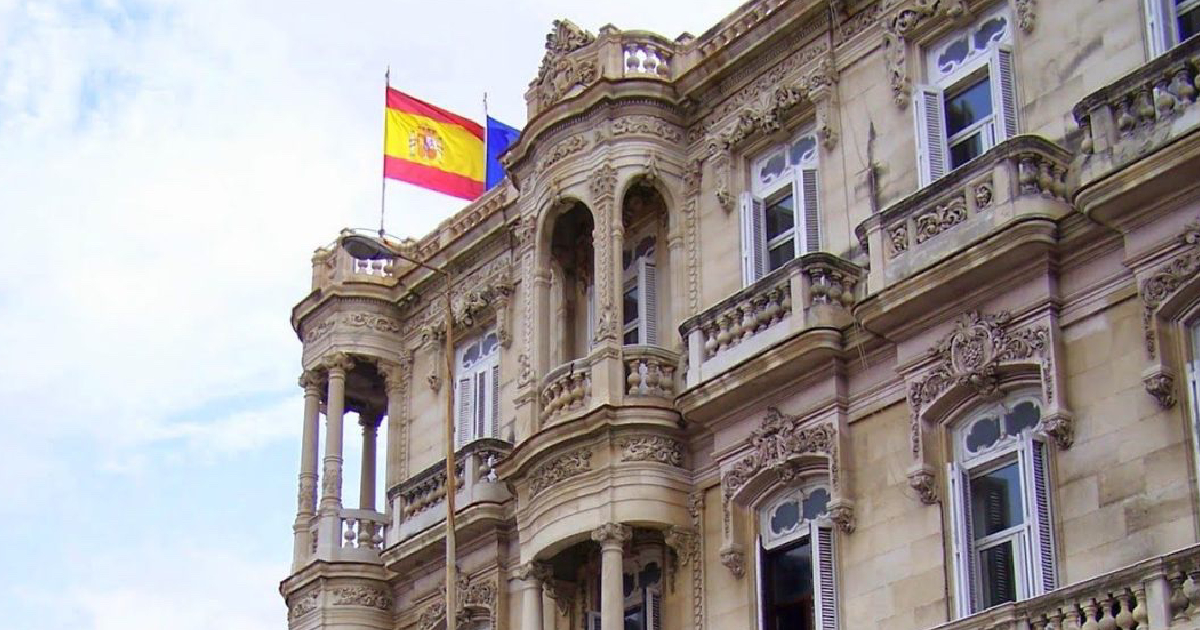Following the expulsion of Mexico’s ambassador to Peru yesterday, the country’s president, López Obrador, has made accusations against the Peruvian government. The administration is “highly questioned about its conduct, especially for choosing repression, rather than seeking a way out of the conflict in Peru through dialogue and a democratic system that calls for elections as soon as possible to avoid political instability.” Mexico’s decision has escalated tensions between the two countries in recent hours The family of the deposed president should be given asylum Peruvian Pedro Castillo. At seven o’clock this Wednesday morning, Castillo’s wife and children arrived in Mexico. The ambassador hasn’t arrived yet, but he’ll be back soon, “because they gave him 72 hours, they’re decisive, like, police-style, nothing to do with democracy, right?” López Obrador started.
The president has repeatedly said that those who prevented Castillo from ruling were “elites,” leading the country to an institutional crisis. “It is the groups of economic and political power and their personal ambitions that have led to such arbitrary actions as declaring the ambassador as an individual,” he pointed out. However, the Mexican government has decided not to cut ties with Peru because “the embassy must be maintained. The Mexican people living there must be protected”, said López Obrador. Most of the tourists have already managed to leave, and steps are being taken to bring back those who still wish to do so. “They are not alone,” the president said.

López Obrador had harsh words for the United States, whose government “always talks about democracy, and in this case, instead of asking for the will of the people and the democratically elected president to be respected, they have endorsed all of them. A difficult maneuver to remove him.” It has been asked why the Peruvian government did not make the same decision with the US-Mexico embassy.
Peruvian President Pedro Castillo made a televised speech on December 7 in which he dissolved Congress, and a new resolution of censure against him was to be debated the same afternoon, but his co-religionists did not support him, and he immediately described him. A conspiracy. Castillo was arrested while trying to reach the Mexican embassy and remains in jail today. According to the Peruvian constitution, Vice President Tina Poluarte took over the country’s government, and relations with Mexico have been strained since then, as Poluarte was unhappy with the president’s statements on the crisis. Riots spread The leaders of Argentina, Colombia and BoliviaHe also supported the impeached Castillo.
López Obrador has always adhered to the precept of not interfering in the internal affairs of other countries, but on this occasion he has spoken strongly against what happened in Peru. He today condemned the government’s decision to delay holding elections till 2024. “Why don’t they hold an election immediately to elect a new president and until there is an interim president for that purpose? Expecting people to handle conflict rationally and democratically. But using the military to coerce the authorities will unfortunately create more suffering and instability,” he said. He notes that the protests that have been unleashed in the country since December 7 have already resulted in more than 25 deaths.
In the Peruvian conflict, the president insisted that Mexico “has only made its position known.” “We will always defend the right to asylum, it is part of our foreign policy.” “It bothered them [al Gobierno peruano] We don’t recognize the president, but we never recognize foreign officials, these things suit the people. This recognition by them of other governments that have arisen either legally or by usurpation is not a regular one, and we have experienced it on other occasions when the United States has had to recognize us.
Subsequently, the President has announced his intention to amend Article 33 of the Constitution, which states that no one can be expelled from Mexico using the National Immigration Agency for this purpose. Interior Secretary Adan Augusto Lopez is tasked with presenting the matter. It said the second paragraph of the said article “has been used with discretion to exclude citizens such as professors, diplomats or researchers”. He cites several cases in the administrations of Enrique Peña Nieto and Felipe Calderón, some of which involved singers such as Manu Chavo or ETA terrorists. The government will propose a reform of the article to guarantee a trial before foreigners are deported.
Subscribe here to do newsletter Get all the important information about current affairs in this country from EL PAÍS México




:quality(75)/cloudfront-us-east-1.images.arcpublishing.com/elcomercio/LSC5VBUEH5FWJH4NVLHBZOJF5I.jpg)
